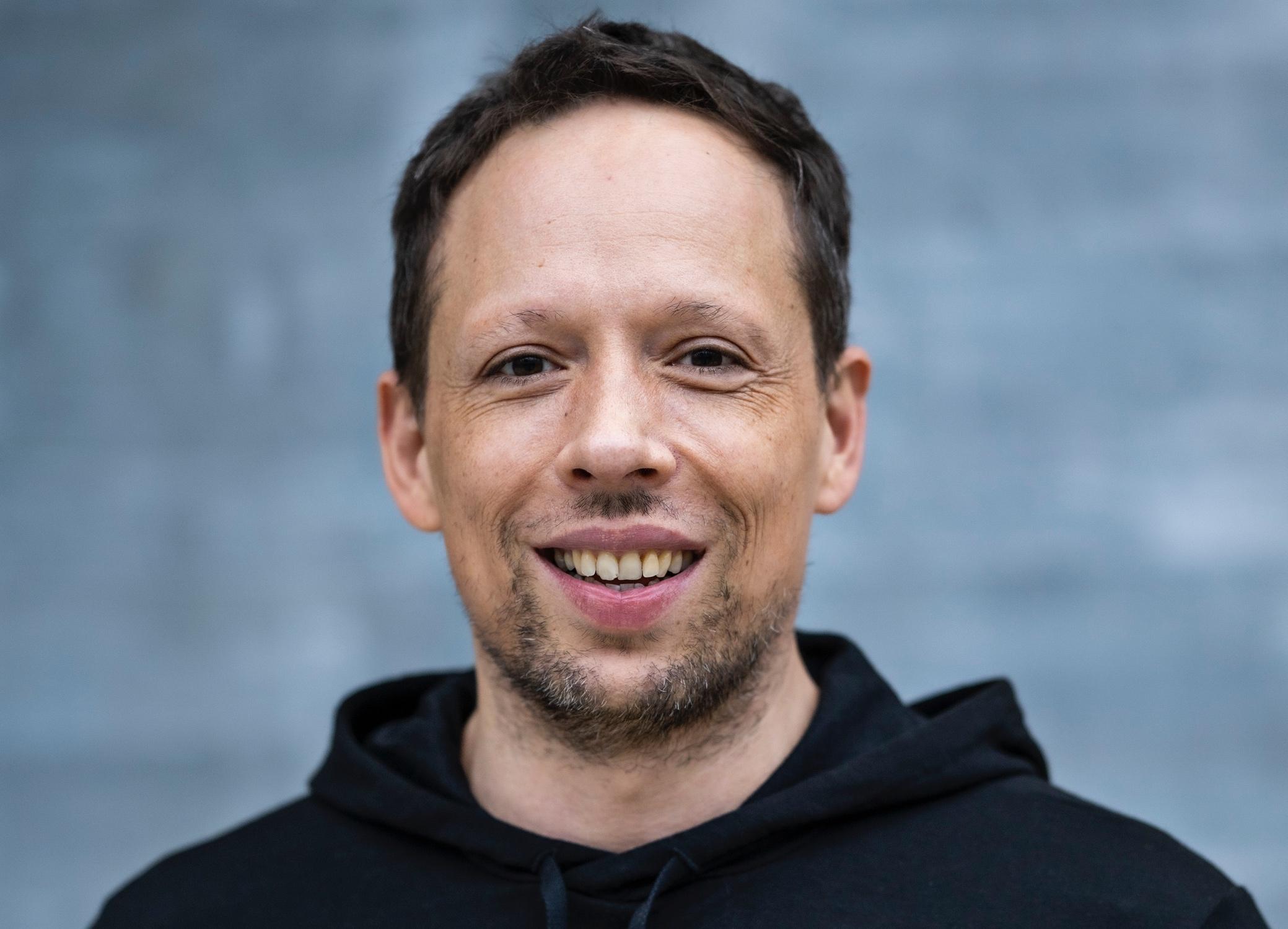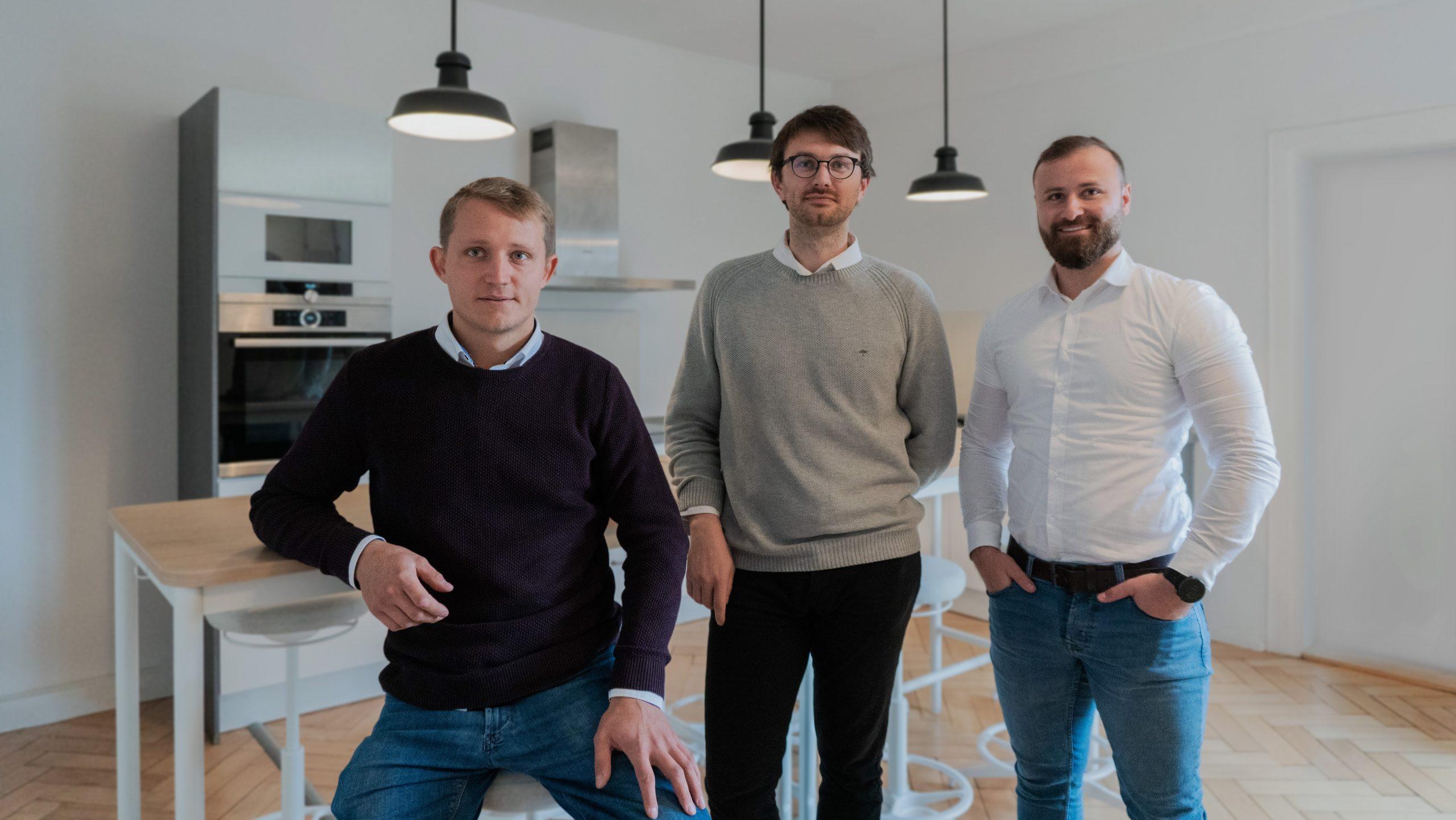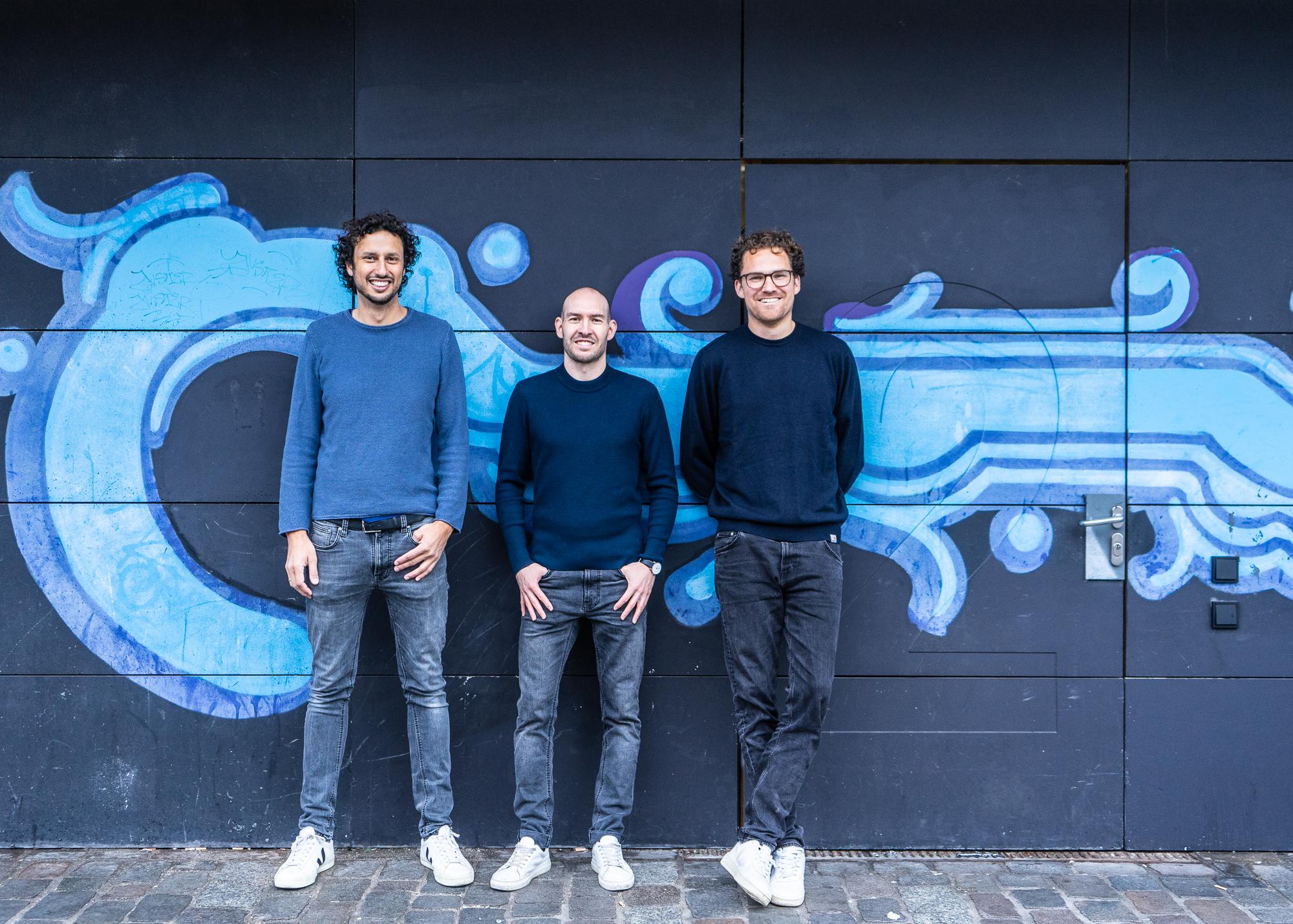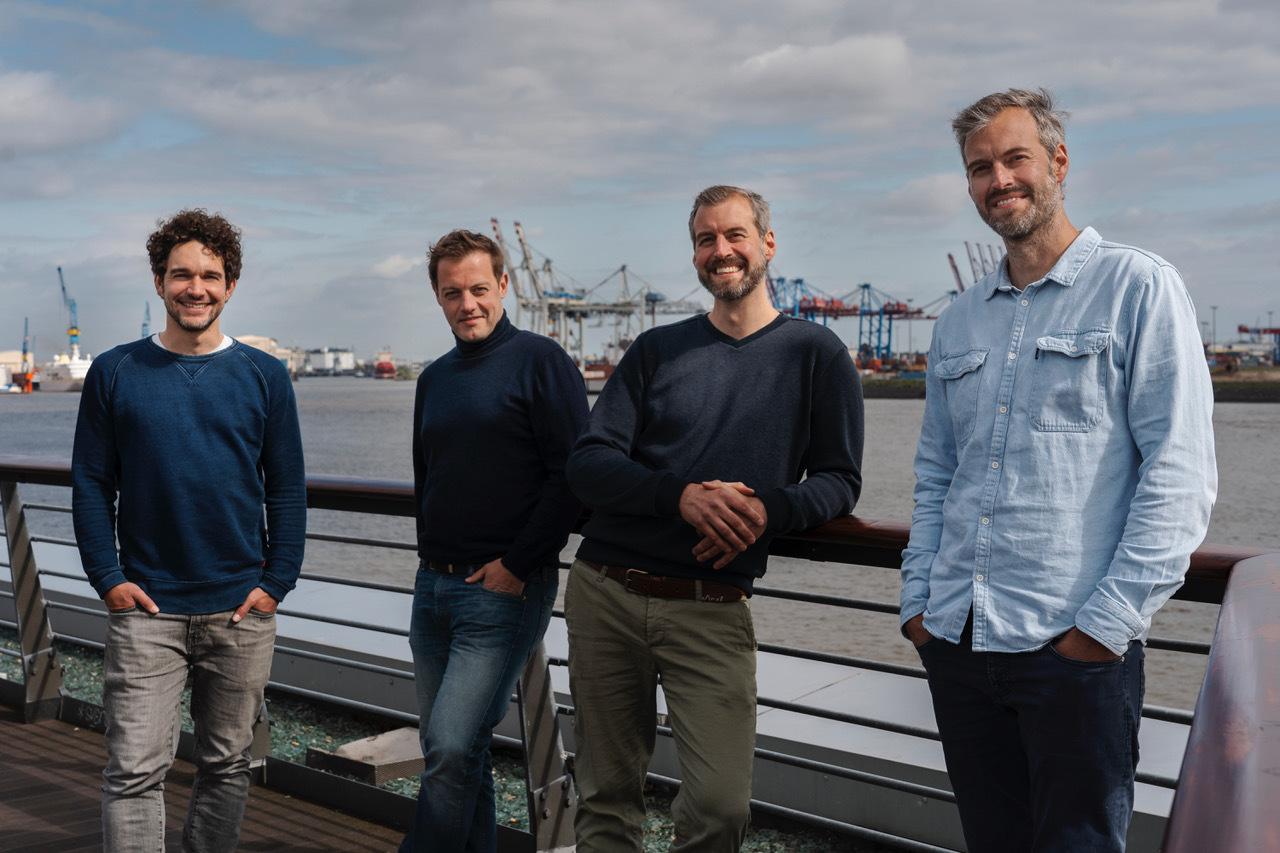"We've been going in the wrong direction for three years".
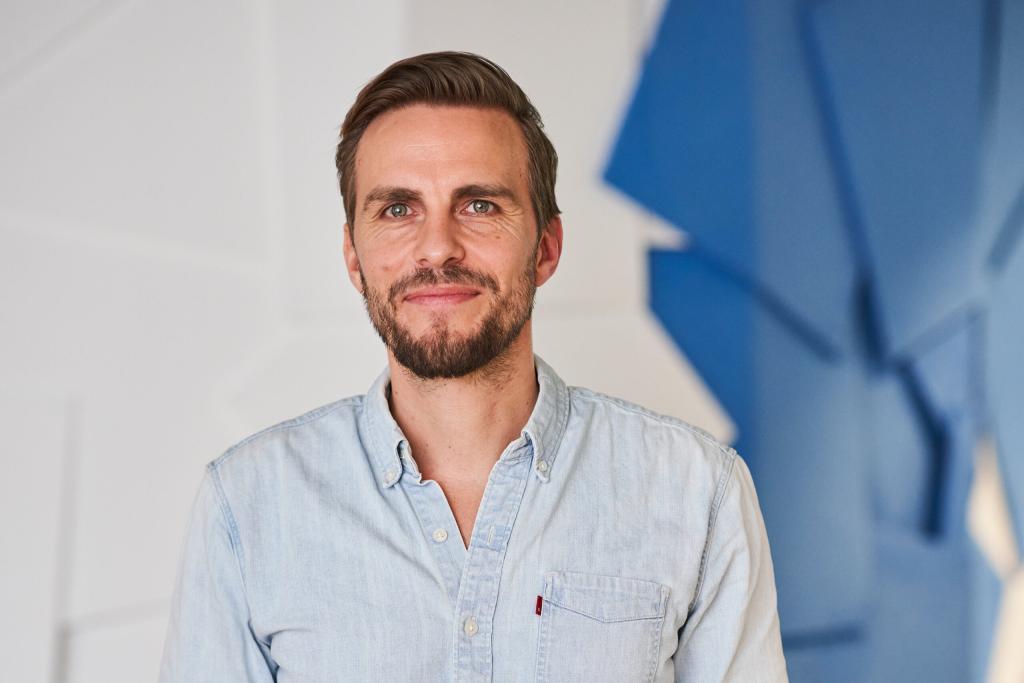
Robin Sudermann has made a pivot with his start-up talentsconnect. How that went and why he decided against a new start, he tells in an interview.
Robin Sudermann could have given up about five years ago. Instead, he decided to refocus the entire company and is reaping the benefits today. At first, the start-up was a job platform, as there are probably many. Today, they offer the service as software-as-a-service, meaning companies can build the technology into their existing infrastructure. Looking back, he says there were four things that went wrong: lack of experience, too little guidance, personal failure, and initial lack of plan. The big challenge came after that: starting over. Here he tells us what he took away from it.
Mr. Sudermann, you have made a pivot. What went wrong and what did you learn from it?
When you are a co-founder and CEO at the same time, the main reason for a pivot usually lies with yourself. At the time, I lacked the necessary experience and also a bit of expertise. Since talentsconnect was my first startup, I simply couldn't bring that with me yet. In addition, there was a lack of guidance and too little critical scrutiny by our investors at the time. When I look back at our beginnings in 2013, the queries in the first financing rounds with business angels were rather superficial, a deeper analytical view, which for example a VC brings in, was missing.
In combination, we went in the wrong direction for three years - that's how I see it today with a few years' distance. When you're in the situation yourself, you don't want to admit it because you're of course totally motivated to untie the knot and hope that there are only a few screws to turn. Looking back, the positive thing is that this phase was incredibly helpful in developing me personally and talentsconnect to where we are today: With the necessary experience, expertise and focus under our belts. I super enjoy passing on exactly this learning to young founders.
You also had to deal with personal failure. How did that go?
A pivot is always a symbol that you - and in our case, of course, especially me as CEO - were not awake enough to many small mistakes and perhaps did not dare to take the uncomfortable path of a change of direction early on. Biting one's way through is often seen as a positive thing, and in some circumstances it is simply necessary - but in our case it was not the right choice. In my opinion, the question "When do I go through with it and when do I admit to myself that it can't go on like this?" is a very fine balancing act.
An open feedback culture and a constructive way of dealing with mistakes is essential when founding a company, for a pivot and in the context of a strong innovation orientation.
Robin Sudermann, CEO talentsconnect
My take-aways: an open feedback culture and a constructive approach to mistakes is essential when starting up, for a pivot and in the context of a strong innovation orientation. I would even go so far as to say that a pivot is the "big version" of fail forward. So today, I try to identify failures as early as possible so that I can then correct them quickly. A failure is not a failure, it is essential especially in a start-up or innovation context and therefore the basis to develop something.
You then decided to pivot. Why not just drop the ballast and start over?
"Why don't you just drive the whole thing to the wall and then restart with your learnings? Why do you do a pivot and take all the shareholders and employees with you?" I heard these questions more often in 2016. What was always important to me: taking responsibility. Because in fact, we held on to our business model for far too long until the pivot, even though it was clearly no longer working. And even though we had the best of intentions, it wasn't responsible in the end. After all, it wasn't just about us founders, but also about investors' money and jobs.
The pivot was definitely the more difficult path, but for me the only right one. It allowed the absolute majority of employees, investors and business angels to stay on board. The responsibility to build a functioning case has become even more conscious to me through the pivot - it drives me every day. With distance, I can say that the Pivot has essentially changed me for the better as a founder and entrepreneur; I now make decisions with the fullest sense of responsibility.
You also mentioned planlessness as a challenge. What do you mean by that?
That's actually another aspect that played its part in the pivot! Due to a lack of experience, we hired employees shortly after the founding without knowing exactly how we wanted to strategically develop the team as a whole - the development plan for the employees and also the organization was missing. On the one hand, this cost us a lot of learning money and, at the same time, we were too late in bringing the right key players on board, i.e. people with a lot of experience in central areas such as technology, product and sales. The situation was similar with the founders' circle and the C-level. Today, the entire process is strategically well thought out - we have become extremely focused here and invest specifically in expertise.
Then the new start: How does that work?
It was definitely not a "phoenix from the ashes" moment. A pivot is a new beginning, yes - but until the feeling of a new start really sets in, there is a lot of work to be done first. A pivot must be followed by action. Cleaning up, rearranging, redoing. The whole process is not very glamorous, but it is an opportunity to draw the right conclusions and regain the trust of all those involved - the employees who have agreed to continue together and the investors who may even have to provide bridging finance to ensure that the plan for a new start actually works.
Thank you very much for the interview.
Personal details: Robin Sudermann is co-founder and CEO of talentsconnect, a Cologne-based HR tech start-up.
FYI: English edition available
Hello my friend, have you been stranded on the German edition of Startbase? At least your browser tells us, that you do not speak German - so maybe you would like to switch to the English edition instead?
FYI: Deutsche Edition verfügbar
Hallo mein Freund, du befindest dich auf der Englischen Edition der Startbase und laut deinem Browser sprichst du eigentlich auch Deutsch. Magst du die Sprache wechseln?







